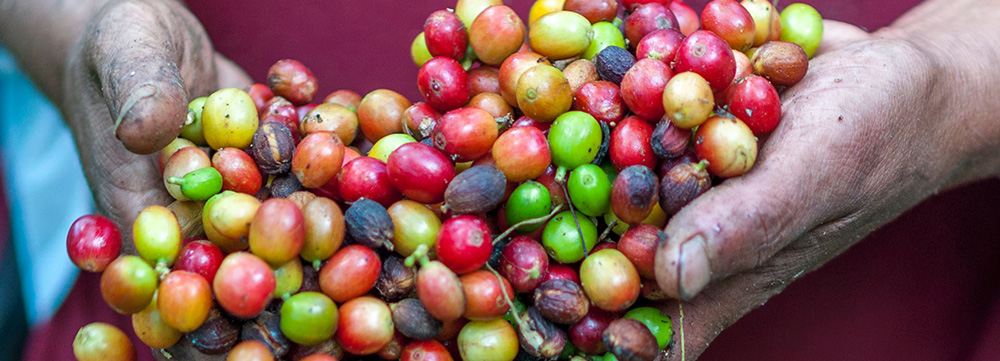
I use the word ecosystem a lot. This term from biology is not the same in business. In this post I eleborate on the difference between a business ecosystem and a biological ecosystem.
A biological ecosystem refers to the complex network of living organisms, including plants, animals, and microorganisms, that interact with one another and with their physical environment. In contrast, a business ecosystem refers to the network of organizations, individuals, and other stakeholders that interact with one another in an economic ecosystem.
One of the primary differences between a biological ecosystem and a business ecosystem is that the interactions in a biological ecosystem are largely natural and unguided, while the interactions in a business ecosystem are often driven by human decision-making and strategic planning.
In a biological ecosystem, the interactions between different species are often based on a complex web of relationships that have evolved over millions of years. In contrast, in a business ecosystem, the interactions between stakeholders are often based on strategic considerations, such as market positioning, competition, and potential partnerships.
Overall, while there are certainly similarities between biological and business ecosystems, the differences between them are significant and highlight the unique challenges and opportunities that exist in the world of business. By understanding these differences, organizations can better adapt to changing market conditions and achieve greater success in their respective industries.
It should not come as a surprise to you that managing in a business ecosystem is being done on the basis of agreements (contracts). Thus if you want to capture the full value of your ecosystem it requires you to have a sound strategy and vision on how you want to work with others, how you want to engage with them and lots of other elements.
Not surprisingly these elements can be found in CATS CM® and the bestseller Linda Tonkes and Gert-Jan Vlasveld wrote about it.
Follow & contact